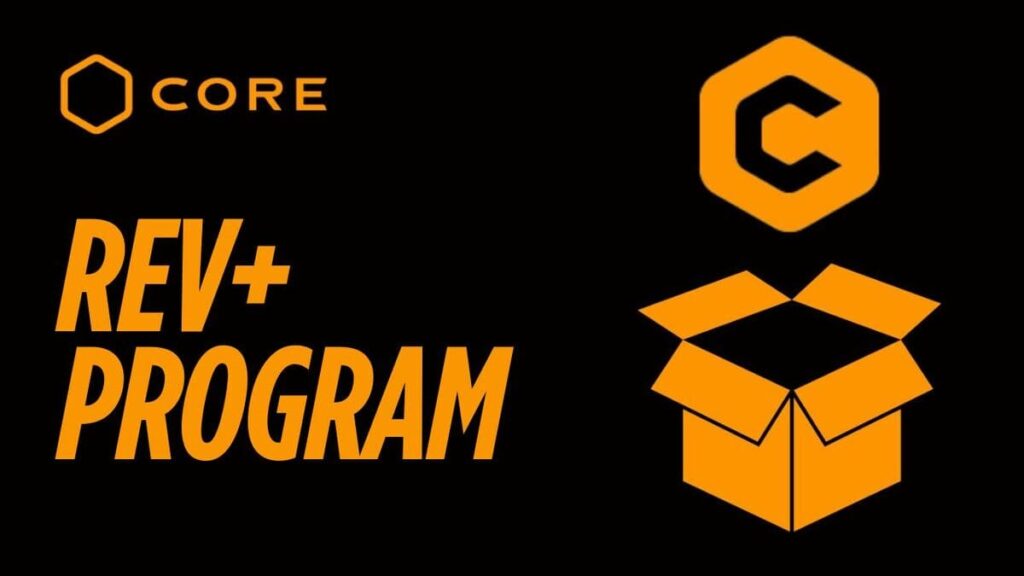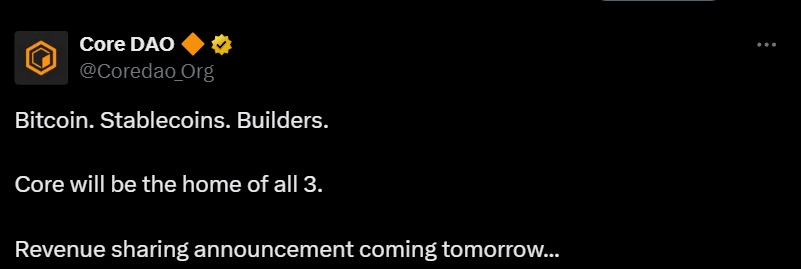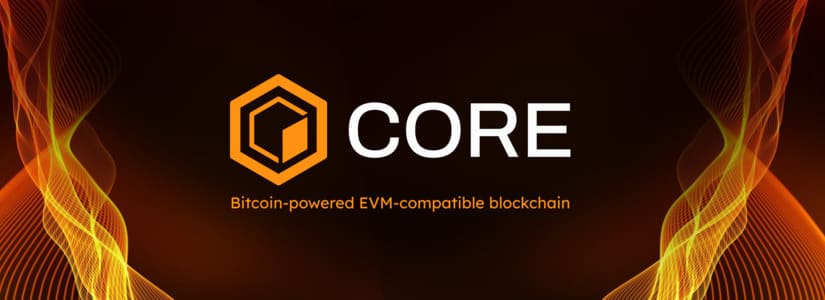TL;DR
- Core Foundation launched Rev+, a model that allows developers and stablecoin issuers to earn direct revenue from gas fees.
- The program distributes rewards based on variables such as total transactions, new addresses created, total value moved, and accumulated fees.
- Rev+ seeks to fix the current imbalance in DeFi, where stablecoins drive volume without compensating their issuers, and proposes a more cooperative economic framework.
Core Foundation introduced a new revenue-sharing model for developers, stablecoin issuers, and DAOs operating on its blockchain.
The initiative, called Rev+, aims to reshape the way Web3 projects generate resources by enabling them to secure sustainable income from the gas fees produced by their own applications. Until now, many of these projects relied almost exclusively on token launches for funding, limiting their long-term stability and growth potential.
The proposal establishes a system in which transactions executed through Core smart contracts — such as stablecoin swaps, collateral transfers, or vault operations — deliver direct revenue to issuers and developers. This can be distributed either through immediate payouts after each transaction or via a shared revenue pool, periodically distributed among participating partners.
Core Aims to Fix DeFi Market Imbalances
Reward calculations take into account variables like total transaction volume, number of new addresses created, total value moved, and total fees generated. According to the foundation, the revenue pool will be modest in its early cycles but is designed to scale alongside Core’s network growth and expanding ecosystem of applications.
At present, stablecoins account for over a third of the revenue generated in the DeFi sector, yet their issuers don’t receive compensation for transaction activity. Rev+ intends to address this imbalance by offering direct economic incentives to those driving actual activity on the network. Core also stands out as the first Ethereum Virtual Machine-compatible blockchain to enable Bitcoin staking, opening new opportunities for developers working with assets on that infrastructure.
Building Balance Through Cooperation
The industry had already seen calls to rethink its economic models. During the latest Paris Blockchain Week, Charles Hoskinson warned that much of the crypto market operates as a zero-sum game, where one token’s rise typically depends on capital exiting another.
In that context, the Cardano founder urged the creation of systems that foster cooperative balance between projects. Initiatives like Core’s Rev+ move in that direction, providing a way to monetize certain activities without resorting to the constant issuance of new tokens













